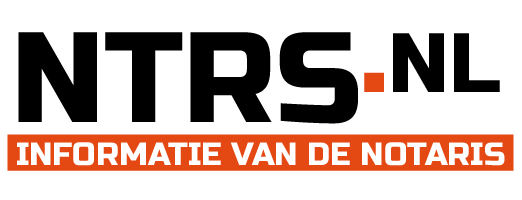Every notary in The Netherlands is subject to disciplinary rules and we all follow the rulings of the disciplinary court. Recently the Gerechtshof in Amsterdam, which is the highest and therefor final institution to decide, gave a ruling that will have an impact on all expats in The Netherlands.
The case
There is a specific law that governs all the doings of notaries; this is the so called “Wet op het notarisambt”.
In article 42 of this law, the lawmaker in The Hague has laid down the rule that a deed by a Dutch notary must be drawn up in Dutch. It is also embodied in this law that if a signatory to the deed does not understand Dutch sufficiently, a translator must be present when the deed is signed. This is to make sure that a brief translation of the deed can be made when all parties concerned are present for the signing of the deed and therefor can understand what the deed entails.
The Gerechtshof had to decide how to interpret this article in a situation where the Dutch notary had drawn up the deed in Dutch for a non-native speaker. This person didn’t speak Dutch, but was fluent in English. As was the Dutch notary.
The notary had not called for a translator to be present, as the notary gave a synopsis in English of the deed to his client before the deed was signed by the client and the notary.
The Gerechtshof decided that this was not the way to handle things. If the law calls for a translator to be present, then the notary should stick to the law. Being able to talk his client through the deed because the notary is a fluent English speaker, as is his client, is just not good enough according to the judges.
Conclusion
The Dutch are sometimes known for the ease with which they apply the rule of law. An example of which is the gedoog-beleid that makes the sale of small amounts of cannabis in the world (in)famous coffeeshops possible (although factually illegal).
But unfortunately the judges in Amsterdam where not so lenient when it comes to notaries, deeds drawn up in Dutch and foreigners. Since the law stipulates that a translator must be present when not all signatories to the deed are (native or fluent) Dutch-speakers, having a translator present is obligatory. No gedoog-beleid here.
Unfortunately this means that for foreigners, like yourself, a visit to a Dutch notary suddenly has become more expensive. Not only do you have to pay the fee for the notary, but all of a sudden also that of the obligatory translator.
Fortunately I can still talk with you and give you my advice without the presence of a translator. He or she must only be present when a deed is signed.


